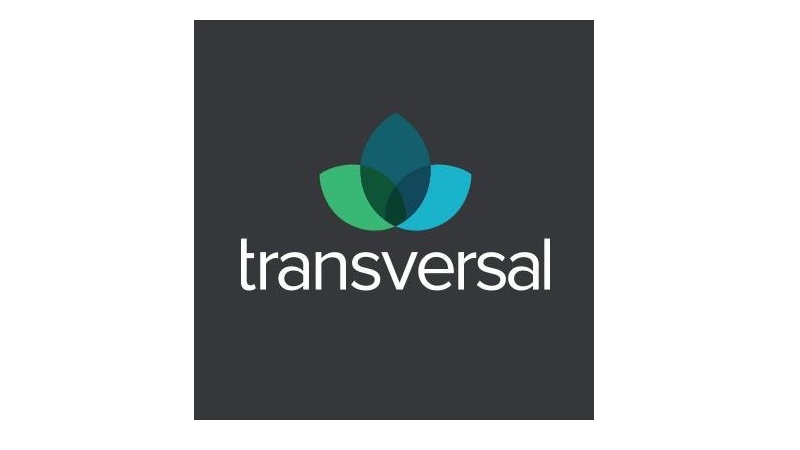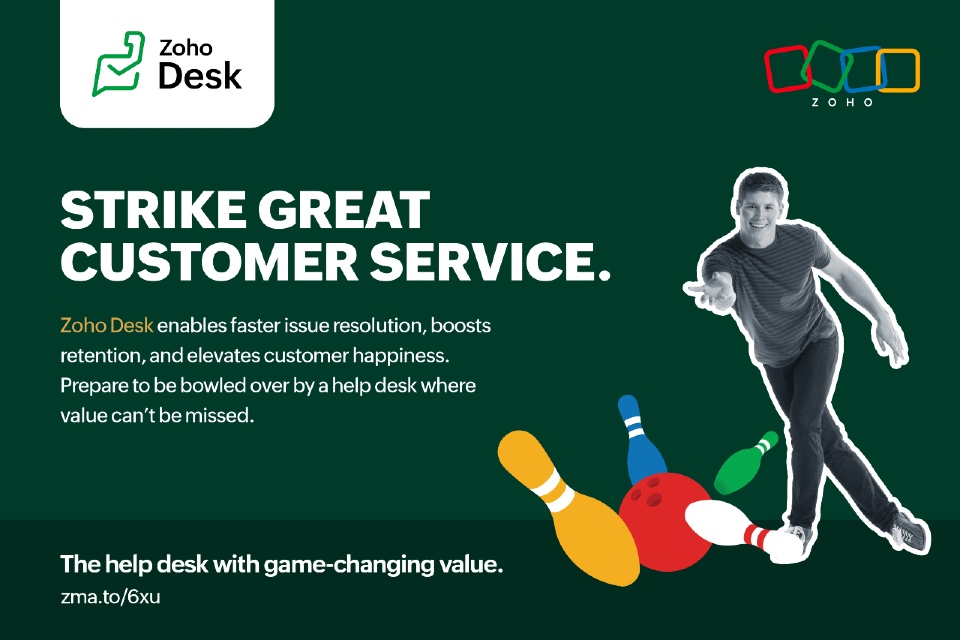If the US election result tells us anything, it’s that the ability to predict results is neither easy nor guaranteed. Any pollster or political commentator can now tell you that there’s a world of difference between what someone says and what they actually mean. It’s something that centre agents instinctively know to be true; customers can ask the same question in thousands of ways, sometimes skirting around the subject or simply not having the technical terms they need to address it.
Deciphering what the customer wants and resolving the query efficiently and effectively is compounded by the pressures of accessing the right information against a backdrop of having to handle an increasingly diverse range of issues, which could potentially affect almost every aspect of a customer’s experience with a business. As larger businesses use consolidated contact centres that support multiple products and services, heavier burdens fall on a fewer number of agents who, in most cases, have difficulty finding the information appropriate for each enquiry.
Despite the best efforts – and investments – in CRM over the years, it can still make a centre agent or customer service rep feel like what they really need is a crystal ball if they’re ever going to reach customer satisfaction.
Sadly, no crystal ball exists. So to be successful in consistently delivering outstanding customer experience, contact centres need provide instant access to information by supporting the complete customer journey. In essence, giving agents the tools.
In any customer interaction, the agent is essentially being asked to follow a three-step process:
- Understand the intent and context of the inquiry to eliminate time consuming research and get to the answer quicker.
- Anticipate the answers needed and predict what the customer might ask next.
- Learn from the conversation to improve future interactions, giving better customer service and less admin.
The certainty and consistency in customer service interactions, reducing , and satisfaction on both sides. Gartner’s ‘Knowledge Management Will Transform CRM Customer Service‘ report supports this, noting that “the use of tools such as semantic search engines tied to well-curated knowledge repositories can accelerate time to answer queries by 80 per cent” and increase customer satisfaction by 12 per cent.
Transversal has worked with some of the largest and most customer-service focused and busiest organisations in the UK, from John Lewis to Mothercare, to the BBC, RAC and more. Transversal’s Prescience platform works in much the same way as the human mind works, to understand, then predict, and finally improve customer interactions by continually learning and improving knowledge as it goes.
Armed with CRM data and case detail, Prescience work by anticipating what agents need from the moment they begin entering text into a service request form, or by contextually understanding information in a chat or email response. Bringing in elements of artificial intelligence and cognitive knowledge management, the platform begins to process what people are asking before they have even finished their sentence. This simple but intuitive function eliminates unnecessary research, increases knowledge usage, and naturally reduces the effort for everyday agent tasks.
Independent research has found this leads to a 28 per cent increase in customer service rep productivity and reduces call times by 40 per cent.
But customers usually ask more than one question. It uses ‘smart links’ to mimic a person’s train of thought to identify what they are likely to ask next, enabling the agent to provide a better service and increasing first contact closures by 18 per cent, according to the same research.
Heather Richards, CEO, joined Transversal in 2001 and has been instrumental in the company’s growth from a Cambridge technology start-up into the successful business it is today. Heather holds BA degrees in English and Philosophy from Westminster College in the US, and an M.Phil. in European Literature from the University of Cambridge.






